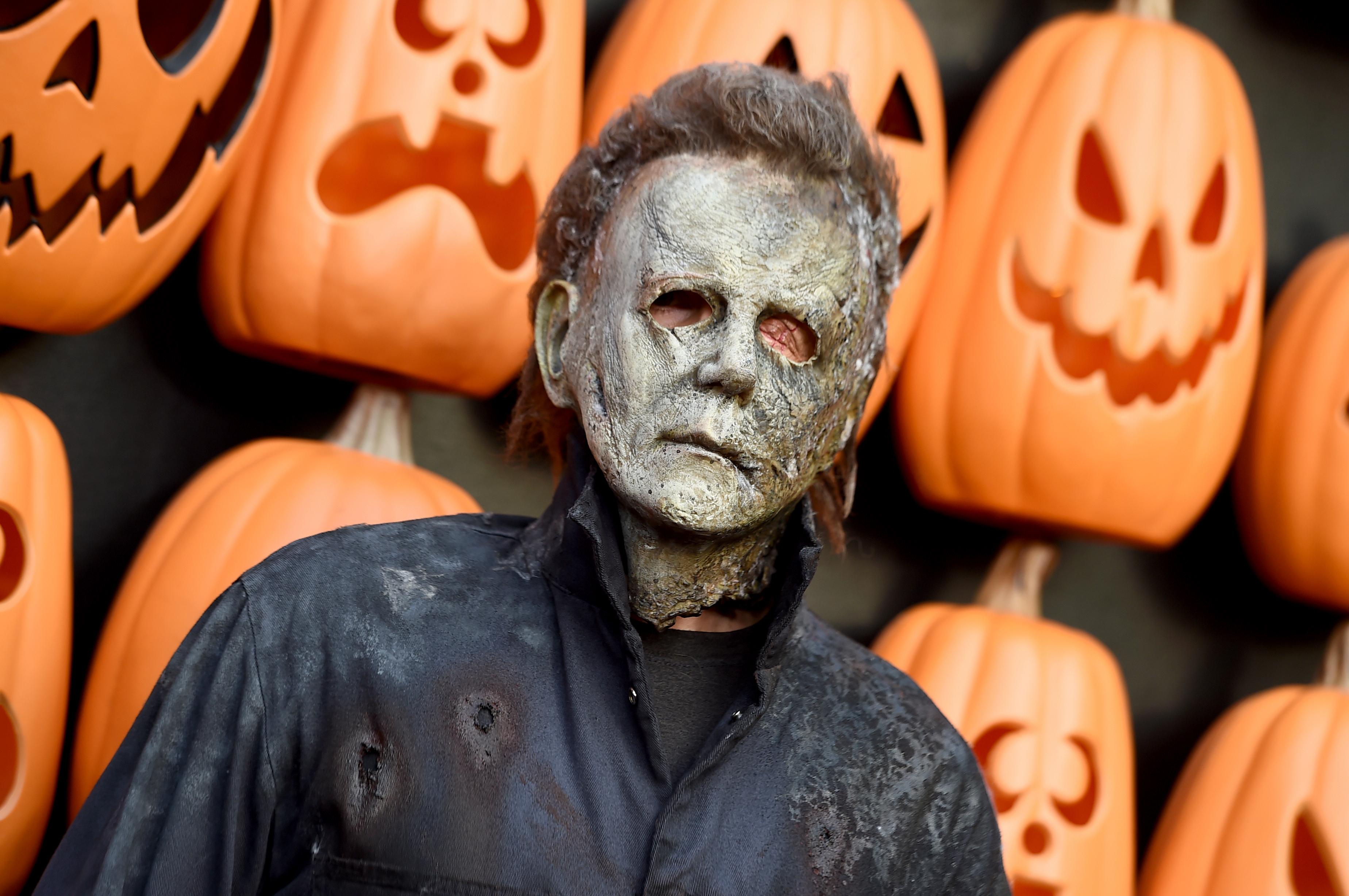
As most of Hollywood continues to reckon with the streaming industry and shifting interest in theatergoing, the horror genre is one studios can generally count on to make them money at the box office. That’s often thanks to the films’ low production costs, which are typically low. But it’s also due to a dedicated fanbase more likely to seek out the experience of getting scared in theaters rather than at home.
The genre does well in theaters because people love the experience of feeling real fear without real danger, and watching friends squirm is a great bonding activity, said Laura Patterson, a sociologist who teaches students about horror media at the University of Colorado Boulder.
“Some people argue that it's just about adrenaline. It's just about feeling fear in a safe space,” she said.
Patterson’s class, called “Gender, Race, and Chainsaws,” discusses the way gender roles, politics and societal expectations continue to make their way to the big screen through this genre. She also co-hosts Collective Nightmares, a podcast that explores the way horror movies reflect what’s happening in modern society.
“There've been evolutionary biologists who've talked about horror films and how we use them as practice basically,” Patterson said. “You're trying to figure out – what would you do, and where would you go, and how would you navigate it? And that can be helpful in surviving a situation like that in the real world.”
If you’re the type of person who talks to characters on screen, telling them not to go down the dark set of stairs, you’ve probably experienced this phenomenon. Patterson said it’s a tendency people carry over from childhood, reinforced by performative flight or fight games like hide and seek or peek-a-boo.
“Not only can it be enjoyable and practice for running from the zombie hoard one day, but it can also be a really good exercise in empathy and understanding what other people are going through and what difficult situations they face,” said Patterson.
The horror genre is also uniquely equipped to help us understand life from the perspective of other people.
“I think there's a lot of stuff in this world that's really scary, and films outside the horror genre can talk about that,” said Patterson. “But if they don't really drag you through the fear and drag you through the pain, then you're missing part of the experience from an empathetic perspective.”
Patterson said recent horror movies have done a lot to break tropes seen in horror classics from the 1970s and 80s that reflected societal expectations of the era.
“Think back to ‘Halloween.’ Laurie Strode at the end of course needs Dr. Loomis to come in and save her,” said Patterson. “She can fight, she can almost win against [Michael] Myers, but she can't quite do it. She needs the guy with the gun to come in at the end.”
Patterson compares that story to what happens in the 2022 movie “Fresh,” which she said is told from a feminist perspective. Rather than being about a woman in need of a savior, it features a main character who has to escape her cannibal love interest by outsmarting him.
“It really appears to me to be a film that is about what women face dating in a patriarchal society and told through the horror genre,” she said.
Patterson said other recent horror movies, like “Talk to Me” (2022) and “Get Out” (2017), discuss religion and racism, allowing audiences to empathize with themes they may experience in their own lives. The danger confronting the characters, she said, makes the viewer’s empathy even more visceral.
“You don't really get the full experience unless you really feel that fear and that pain and that discomfort. And so I think horror films do a great job of letting us experience that,” said Patterson.
Outside of the thrill the movies offer, Patterson said watching a horror movie with a friend can help strengthen relationships. It’s likely why you might have strong memories of the first time you watched a scary movie at a sleepover.
“It's also a bonding experience,” said Patterson. “You go through anything stressful with another person, and I think that pulls you closer together.”
Those connections, both with the on-screen characters and the people experiencing the movies with you, stick with people. They also keep fans coming back over and over again because there’s nothing quite like jumping out of your seat and sharing a nervous chuckle afterward.









